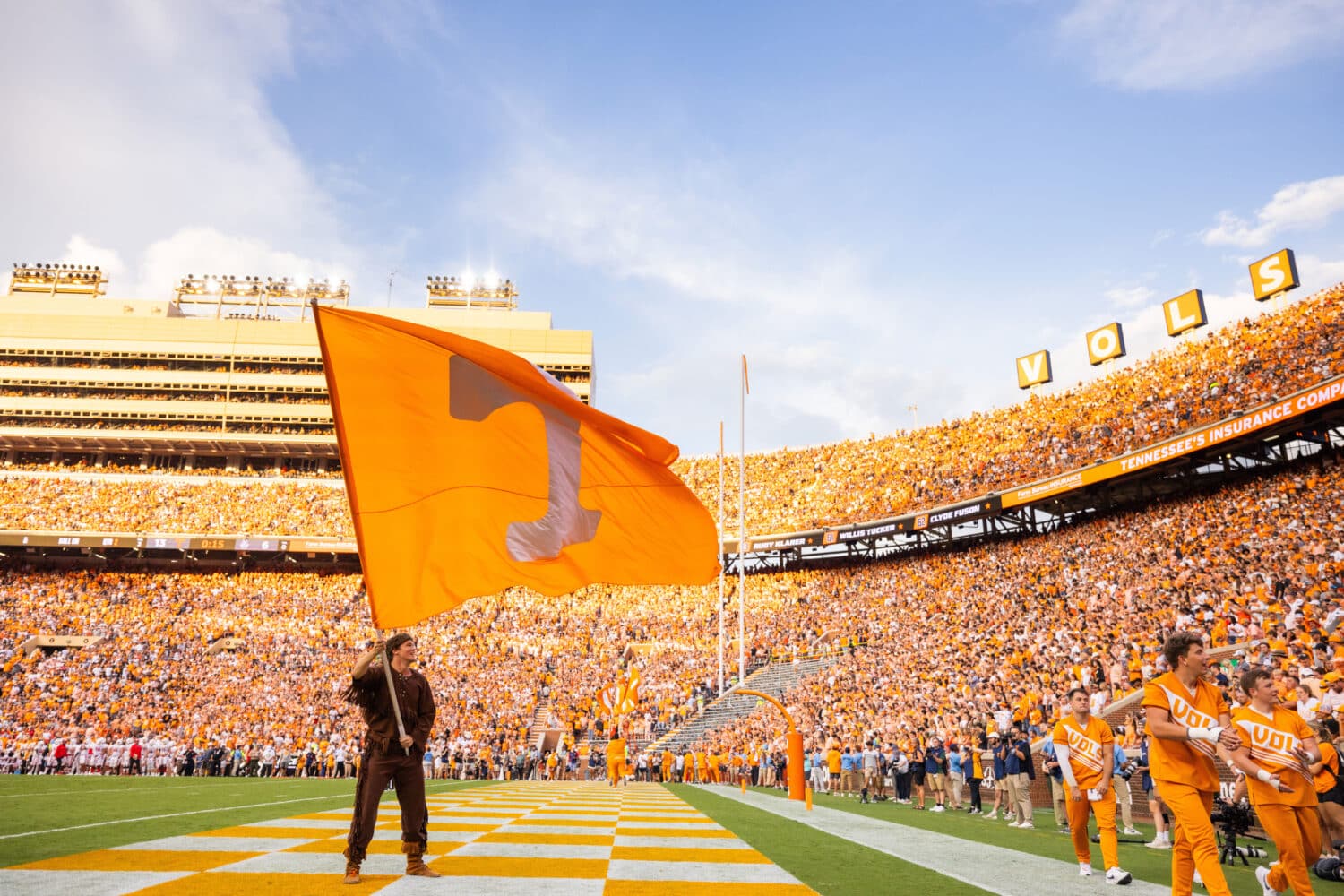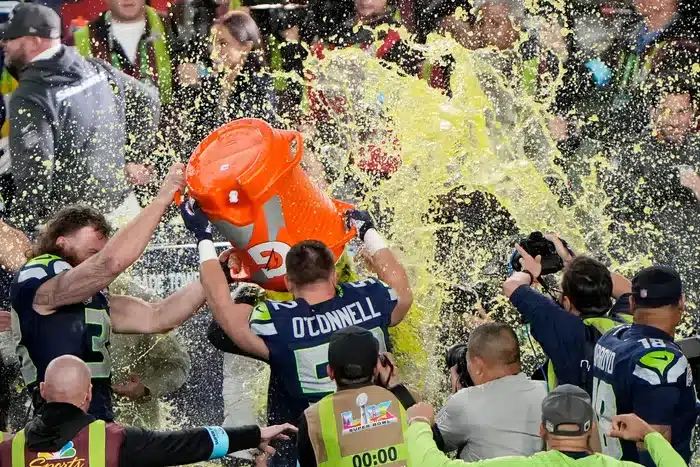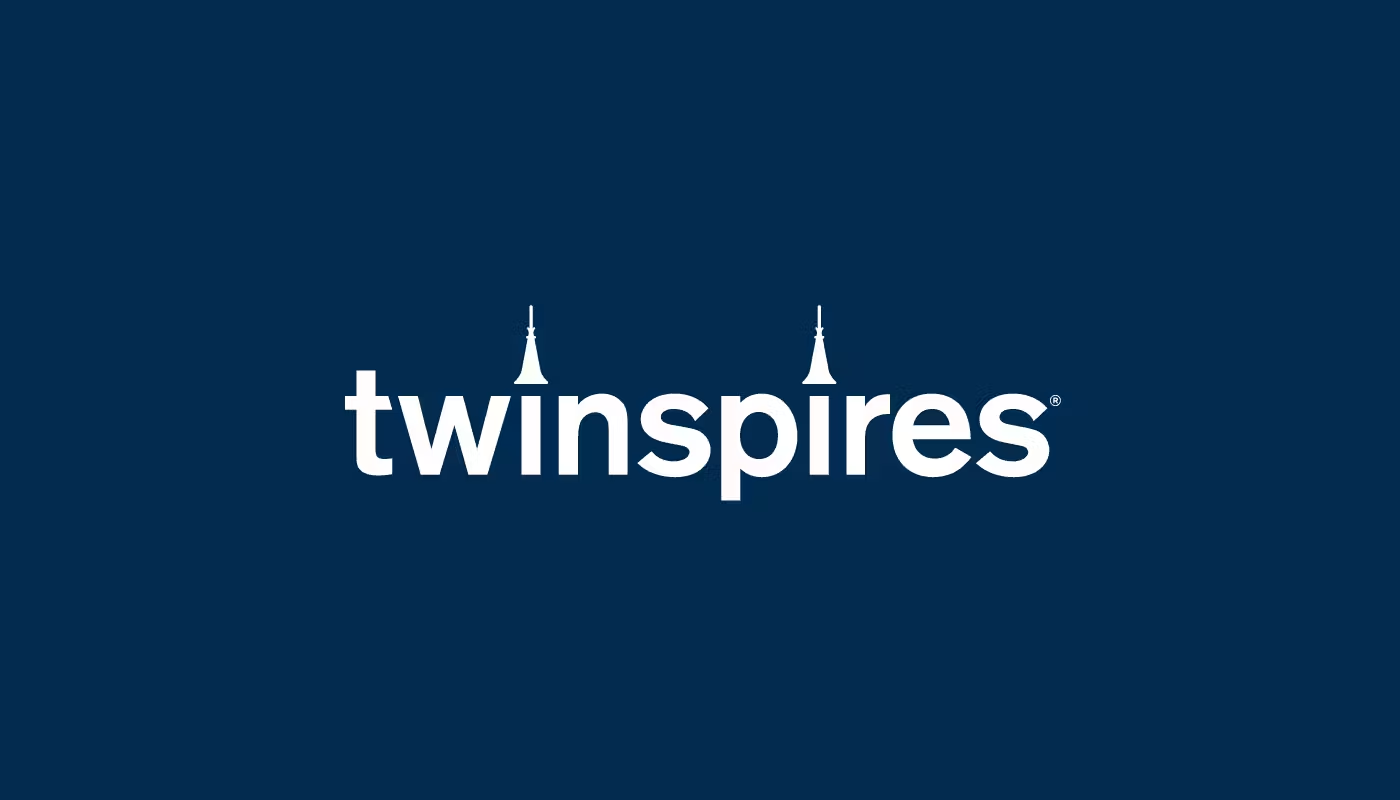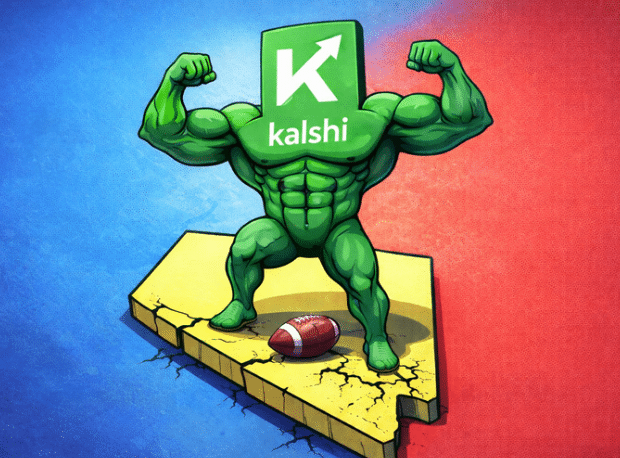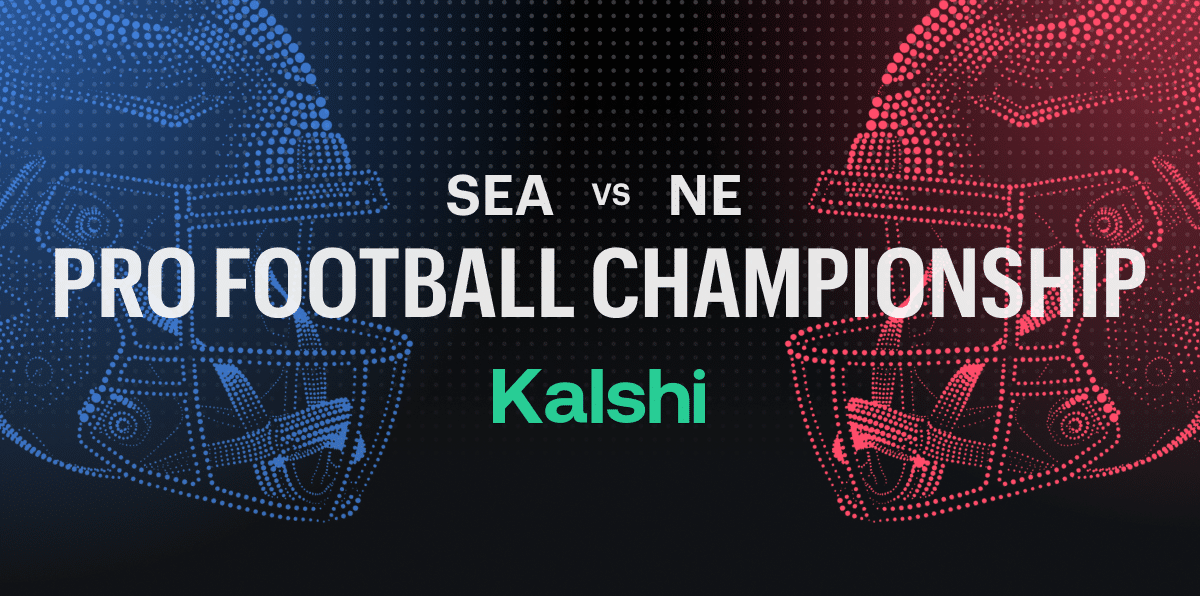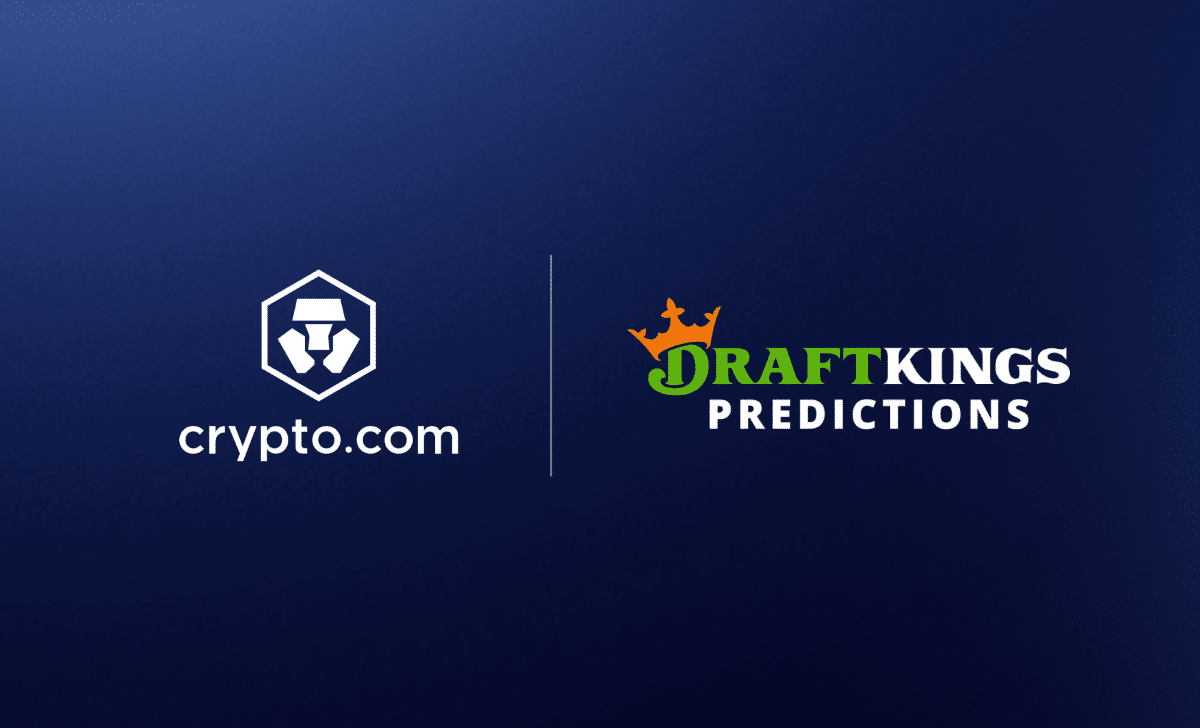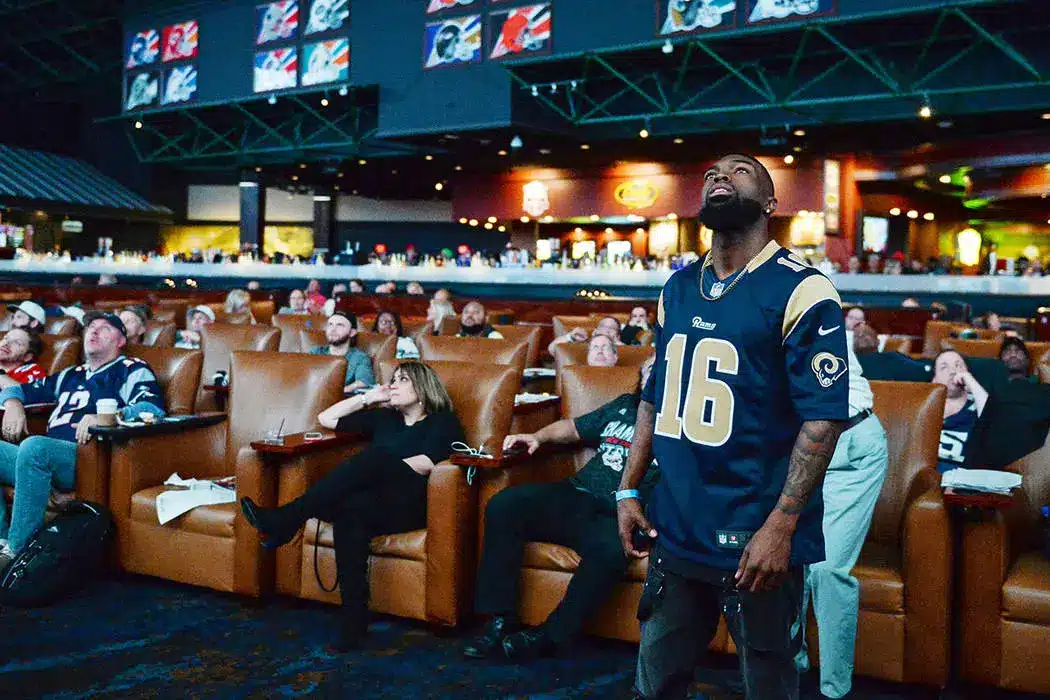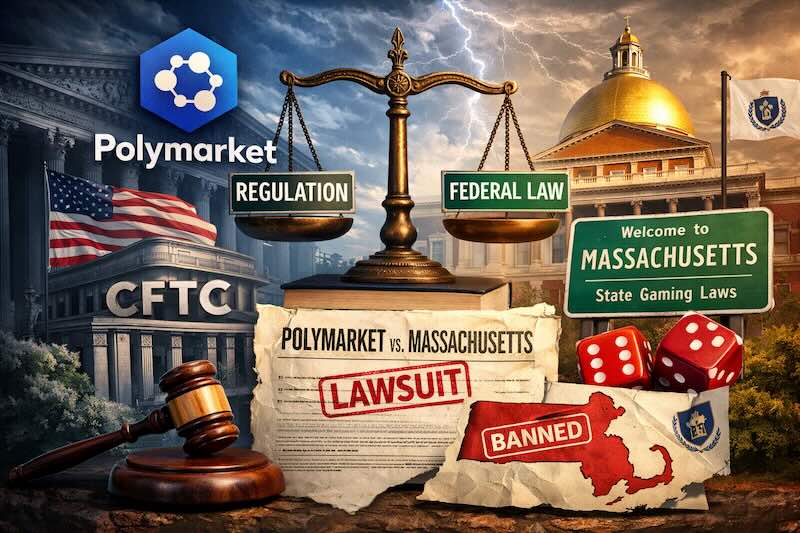
An industry career to remember
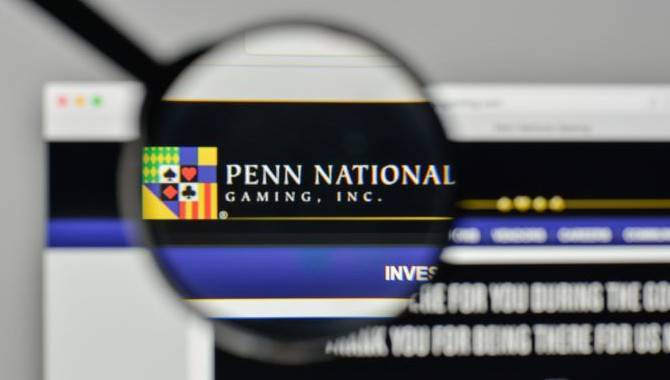
Can you tell us a bit about your background before you became COO of Harrah’s in 2003?
I have a couple of engineering degrees. I worked for IBM for four years and then went back and got my MBA. I was recruited by Harrah’s in 1987. At that time, Nevada and New Jersey were the only US states that had gaming. Harrah’s had three properties in Nevada and one in Atlantic City at that time. I liked the industry and thought it would be a growing industry.
I worked in management development roles for five years; marketing, human resources, slot operations etc.
My first big role was to oversee the opening of Harrah’s first riverboat operation outside Chicago. That opened in 1993. I then moved back to Atlantic City; I’m originally from New Jersey. Then as Harrah’s started to do a lot of M & A activity, I became regional president of the eastern division from 1997 to 2002. I then became COO when Phil Satre retired as CEO and Gary Loveman became CEO.
I took Gary’s spot as COO and was there until the company was taken private. I left Harrah’s and moved my family back east to join Penn National Gaming in February 2008. I was President and COO in 2008 and became CEO in 2013.
What was the casino industry like back in 1987 compared to now?
It’s changed so, so much. I was actually at an event last night with Phil Satre, who was my boss when I started and is now Chairman of Wynn Resorts. I remember going to Reno in northern Nevada, where Harrah’s had properties. I saw people playing slot machines that were entirely mechanical with no wire.
It’s really interesting, because back then, we didn’t rate slot players. There was no tracking system. Table games were always the most important operation. All the marketing was spent on table players and that has changed dramatically. Most of the folks in Atlantic City got started in 1978. Some of the folks that learned the business in Nevada moved over to Atlantic City.
For the most part, it wasn’t very sophisticated. New Jersey was very concerned about organized crime, so there were onerous regulations in Atlantic City and not so much in Nevada. As more states opened up in the 1990s and 2000s, they all started out being tough regulators, but as they’ve grown, they have understood their partners and how to grow revenue in their state.
It’s been a great run across 32 years, but I’m not regretting my decision to retire. I live in New Jersey and work in central Pennsylvania. I’m constantly travelling and often don’t get home until weekends. I just turned 61, so I want to enjoy the rest of my life.
You were COO when Apollo Management and Texas Pacific Group (TPG) agreed to buy Harrah’s for about $28bn in 2006. Did you play a big part in getting that deal done?
What happened was interesting. In September 2006, we got an offer for the company of $81 per share. I had told Gary Loveman my contract was up at the end of 2007 and that I was going to look elsewhere. We were the same age. I wanted to be CEO of a company. I was actually talking to Peter Carlino, Chairman and CEO at Penn National at the time.
Once TPG and Apollo put the offer on the table, Peter and Penn National came in to see if they wanted to make a counter offer. I then had to suspend my conversations with Peter and I helped TPG and Apollo through the due diligence process.
I was not negotiating directly with the private equity sponsors. That was really Gary and our board. They ended up getting $90 per share for the company. It was a $28bn transaction, made up of $4bn in equity and $24bn in debt.
As you mentioned, you became Penn National President and COO in 2008. How different was the challenge at Penn compared to Harrah’s?
When I joined Penn National, we had 15 properties. Peter had put together these 15 properties mostly through acquisition, so it was really a holding company. There was very little connection between the properties. They had 15 different ad agencies. They all had different ways of doing business and how they thought about doing business, so a lot of my time in the first three years was spent trying to put together an operating structure that we could follow and grow from.
We standardized a lot of practices, such as how we communicated with customers. We ran one rewards program across all the properties. We did a lot of things between 2008 and 2010 at Penn National that I had been doing for Harrah’s from 1994 to 1996. That’s what created Total Rewards. That was probably the first in the industry.
What was it like dealing with the financial crisis in the late 2000s?
We were a regional gaming company and didn’t have any presence in Las Vegas at that time. Actually, regional gaming fared better in 2008 and 2009 than Las Vegas did. Our revenue was down about 5% from 2007 to 2008 and EBITDA went down about 10%.
It was the worst recession we had seen in 100 years and I don’t think things will ever be as bad as that again. But we’re probably going to have a recession in the next two or three years, given the long run of growth we’ve had.
What exactly was the thinking behind buying Pinnacle Entertainment for $2.8bn in 2018 specifically when looking to do M & A?
We competed against Pinnacle, so we knew them well. I used to work with their then CEO, Anthony Sanfilippo; I used to work with him at Harrah’s. Bringing the two companies together meant we could eliminate about $100m in cost synergies, so that was the rationale behind the deal. They had 16 properties and we had to sell four for FTC reasons. We had to find a partner – Boyd Gaming – who took those four off our hands.
A year later, it’s about exactly what we expected. We have actually found $120m in synergies and we’ve picked up very well-run properties that are among the best in their markets, so it’s changed the profile of Penn National as well.
When you leave Penn National this year, how would you compare the position now to when you started in 2008?
We started with 15 properties that acted independently. We now have 41 properties across 19 states. We operate on a big national platform called Mychoice, which has five million customers. We’re a much bigger company now, with $6bn in revenue and around 33,000 employees. The whole industry has changed now. We now have landlords that operate retail-investment trusts and are raising the value of all gaming companies, plus we have their high-multiple capital they’ve introduced into our space.
You are also stepping down as Chairman of the American Gaming Association. How did your position there come about?
I have been active with the AGA for 12, 15 years. Frank Fahrenkopf was the CEO and then Geoff Freeman was CEO. I was very much involved when Geoff took over. Jim Murren was the Chairman. We made some major changes to what membership needed to look like. Before, it was really just the large casino operators and manufacturers that sat around the table. We recognized that probably touched about 40% of the US market.
We decided, and I was very involved in this, to open membership up to private and tribal gaming operators and to other suppliers. When Jim left as Chairman at the end of 2017, Geoff and Jim asked me to succeed Jim. I took over in 2018 and my term ends at the end of this year [2019]. The unfortunate thing is in June 2018, Geoff said he was leaving. I had to form a search committee and engage with a headhunter. Bill Miller has been the CEO since the beginning of this year.
PASPA was overturned soon after you took over as Chairman. Did you have any idea of what may be about to happen when you took over?
We did have an idea. When we knew the Supreme Court wanted to hear the New Jersey appeal, we knew that could only be a good thing for us. We knew in late 2017 the Supreme Court would hear the case and we felt we were going to get some kind of favorable ruling. It was as good as it could have been. They found the legislation to be unconstitutional and made it null and void.
Penn National announced a multi-state sportsbook deal with Kambi in August. What was the thinking behind outsourcing to Kambi as opposed to partnering with another operator?
We wanted control of our own destiny with the user interface. Kambi provides us with all the back-end support. We are developing our user interface right now for online sports betting. We saw this opportunity as being too big to share with somebody else. Nobody has reach like we do, being in 19 states. We need a platform to take advantage of this and we did not want to partner with another operator. We’re working with Kambi as our tech partner, but they’re not providing any services that makes us lose control of any customers.
As you leave the industry, what do you predict for the future of the market?
I think the whole digital opportunity is in its infancy; Pennsylvania is just getting started. We’re going to see more states regulate online casino and online sports betting in the next five to seven years. How retail and digital interact will be very interesting to watch. If you look at what’s happened in New Jersey in the last five or six years, the operators in Atlantic City have not had their visitation numbers impacted by having online. In fact, it’s been accretive to their operations. The industry needs to make sure it doesn’t create an Amazon-like effect.
I don’t anticipate many new US jurisdictions opening up to casinos in the next five years or so. There’s only nine states that now don’t have some form of commercial gaming. Georgia is the one state we’re watching closely that may consider it.
Player-Favourite Gambling Guides
We’ve handpicked our latest and most visited guides covering online casinos, betting sites, and more – for every kind of player.
- Best Online Gambling Site
- Online Casinos
- Betting Sites
- Best Bitcoin Casinos in 2026
- Offshore Gambling Sites
- Real Money Online Casinos in Canada
Tags/Keywords
Players trust our reporting due to our commitment to unbiased and professional evaluations of the iGaming sector. We track hundreds of platforms and industry updates daily to ensure our news feed and leaderboards reflect the most recent market shifts. With nearly two decades of experience within iGaming, our team provides a wealth of expert knowledge. This long-standing expertise enables us to deliver thorough, reliable news and guidance to our readers.
